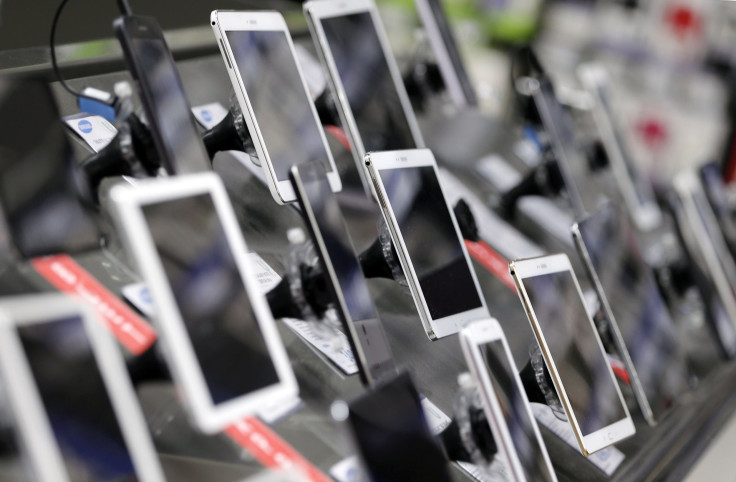FDRA misled patients and families at Royal Darwin Hospital: ACCC says

The Australian Competition and Consumer Commission has alleged FDRA Pty Ltd. of misleading patients and their families at the Royal Darwin Hospital. ACCC says that FDRA made false representations saying that the tablets being supplied were iPads.
ACCC reported that FDRA, also known as Angel digital, has been involved in a minimum of 600 agreements with Indigenous consumers in remote communities, including the Royal Darwin Hospital and associated hostels. The regulator found that FDRA shareholder and director Jackson Anni and sales representatives gave their consent to the agreements in September 2014.
By giving consent to the agreement, the company started misleading the patients with whom it made the deal. The clauses within the agreement were found breaching the provisions of the Australian Consumer Law relating to the supply of electronic tablet devices. The Federal Court proceedings have already begun against FDRA and its shareholder Anni. The co-signatories of the agreement were either the residents of the hospital or family or friends visiting patients.
ACCC said that FDRA and Anni violated the Australian consumer laws. “We say that FDRA made false representations saying that the tablets being supplied were iPads,” ACCC Regional Director Derek Farrell said. “[Furthermore it was claimed] that they contained thousands of games and that the consumers were required to pay an additional fee for warranty when the warranty should be provided as a right by statute.”
The watchdog said that out of 600 people across 12 communities, FDRA used consumers’ bank and social security cards for a secure payment in some of the cases. FDRA targeted patients and their families at the Royal Darwin Hospital. The response from the territory’s health department is awaited. The case will be furthered in February. In case found guilty, Anni is likely face a ban of five-year from company management.
ACCC Acting Chairperson Michael Schaper said that the commission has put unsolicited sale and Indigenous consumer protection as priorities. “The ACCC alleges that this conduct in remote Indigenous communities and the Royal Darwin Hospital involved some consumers that were particularly vulnerable,” Schaper said.
“We will continue to take enforcement action to protect consumers in their homes from contraventions of consumer law, particularly where the conduct affects disadvantaged or vulnerable consumers.”





















